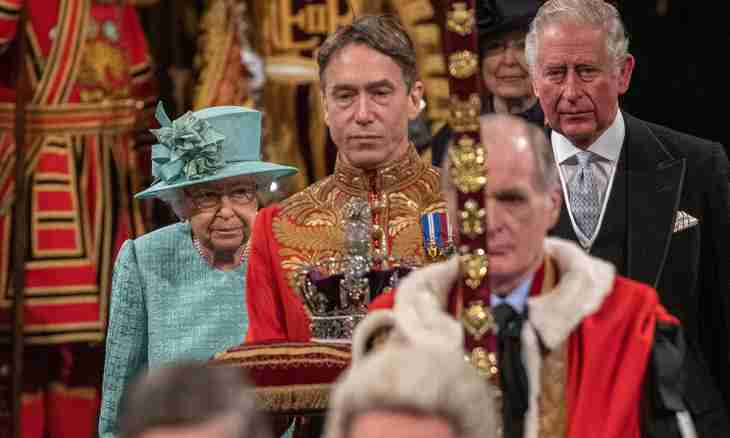The monarchy as the form of government, was the mankind history dominating throughout a considerable part. During the development it underwent many changes and as a result several views of the monarchy were created, many of which exist and today.
All monarchy existing ever can be divided conditionally as restrictions and as the device.
Monarchy as the device
East despotism - the very first form of the monarchy at which the governor possessed the absolute power over all citizens in all spheres of life of the state. The figure of the monarch was sacral and was often equated to figures of gods.
The feudal monarchy is characterized by the leading role of the monarch, however also representatives of other estates have a great influence. During certain historical periods the Supreme governor was only "the first among equal". The feudal monarchy in the European countries passed through three main stages: early feudal monarchy, patrimonial monarchy and class and representative monarchy.
In the period of the early feudal monarchy the role of the Supreme governor remains predominating. At the patrimonial monarchy the role of large landowners (feudal lords or watchinnik) who have strong impact on decision-making by the monarch significantly increases. The class and representative monarchy expands this process. Access to the power is got by representatives of all or most of estates, there are early forms of parliaments. The theocratic monarchy can exist in any of the existing forms, however here the governor of the state is a confessor of the nation, that is the head of church.
Monarchy as restrictions
Absolute monarchy is characterized by the developed legislative system and the state institutes. The power of the monarch at the same time is dominating in all spheres, however at the same time class privileges and actions of the monarch remain are to a greater or lesser extent limited to the law. Constitutional monarchy - at this form of government the power of the monarch is strongly limited to the constitution. Exists in two forms: parliamentary and dualistic. At parliamentary constitutional monarchy the completeness of the power belongs to electoral public authority, for the monarch only nominal functions remain. At the dualistic monarchy the monarch and the parliamentary bodies divide the power in the country, but at the same time both parties have restrictions which extent is various in different countries. Also there is a rare form of the elective monarchy at which the Supreme governor is elected by the Royal Court, parliament or representatives of estates. He can get out as for life (Vatican), and to limited term (Malaysia).

